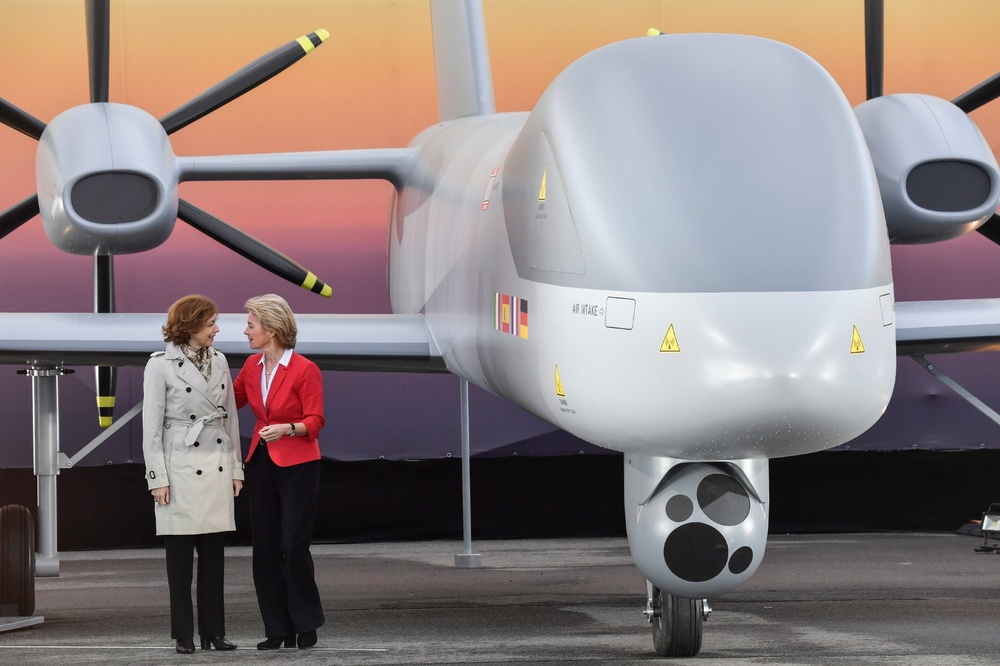Despite many issues concerning the use of armed drones, discussions are absent on the legal, ethical, and strategic aspects of using them. “While the EU is taking ambitious steps to improve defence cooperation and capabilities, it risks losing sight of sustainable solutions for security issues”, says Foeke Postma, senior program officer at PAX. “This becomes especially clear when looking at the EU’s development of armed drones.”
PAX launches the report ‘Military Drones and the EU’ at the European Parliament in Brussels today and believes that transparency on, and accountability for, the use of armed drones is necessary. Governments that use armed drones have often kept the public in the dark about targeted killings, hiding information on who is being targeted and why. Drone strikes have taken place outside of conflict zones without clear legal justifications, which risk undermining established international legal frameworks on the use of force. And independent investigations have found that drone strikes have frequently killed innocent civilians, at a far higher rate than official reports admit.
This report investigates how the EU has taken up the development of drones, including through the new European Defence Fund, and finds that there is a disconcerting lack of discussion on the use of armed drones. More worryingly, some EU Member States have already engaged in targeted killings, have imported armed drones, or have facilitated extrajudicial drone strikes by non-EU members.
Absence of policies
But at the EU level, the ongoing development of an armed drone is presented as a financial affair; one about efficiency and defence industrial cooperation, without any debate on their use. The absence of clear policies for armed drones can potentially lead to use that further undermines international law and harms innocent lives.
Recommendations
PAX believes that in order to safeguard international law and protect the lives of innocent civilians, transparency on, and accountability for, the use of armed drones is necessary. We therefore recommend the following:
- The EU needs to provide more transparency about the influence of the defence industry on the capability development agenda. The EU also needs to create space for more discussions with civil society groups on the ethical, legal, and strategic implications of developing certain military capabilities.
- The Council of the EU should adopt a so-called ‘Common Position’ on the use of armed drones that safeguards international law and international humanitarian law.
- The Council should also commit to strong export controls on armed drones, in order to prevent further proliferation of armed drones to countries that may use them in violation of international law.
- Parliamentary oversight should be improved. The European Parliament has frequently tried to address the issues of armed drones, but the European Council has remained silent. The European Parliament and national parliaments should work closely together to exercise such oversight over their respective governments and EU institutions, especially regarding the use of armed drones.
‘Prevent harm’
The EU’s raised ambitions on security and defence should not suffer from a ‘democratic deficit’. As its influence increases, so should accountability and oversight. Especially when it comes to the use of armed drones, these steps have to be taken to safeguard human rights and prevent unnecessary harm.
Download the report Military Drones and the EU




